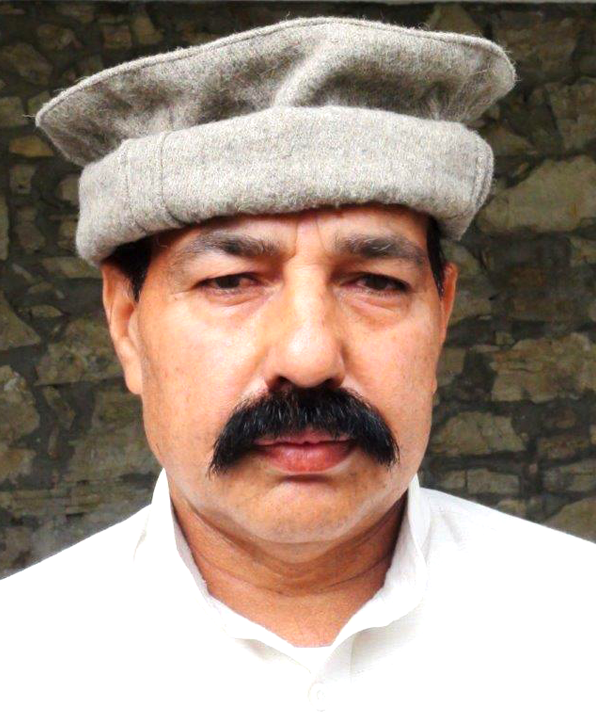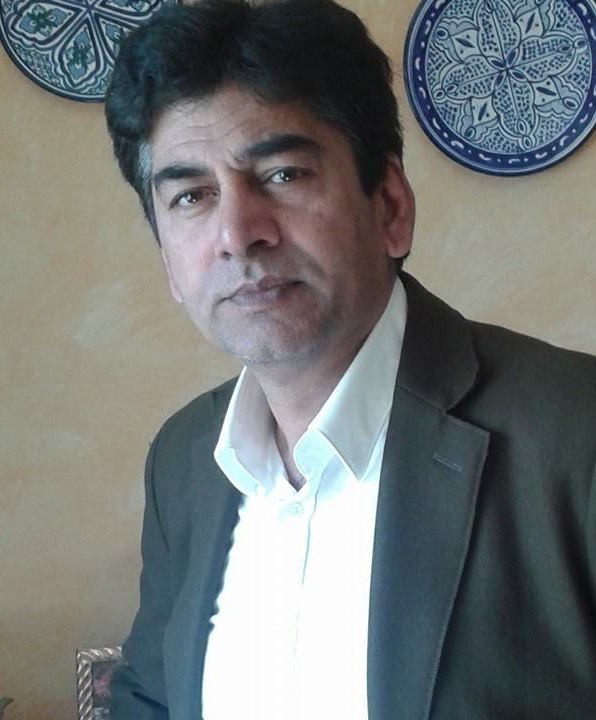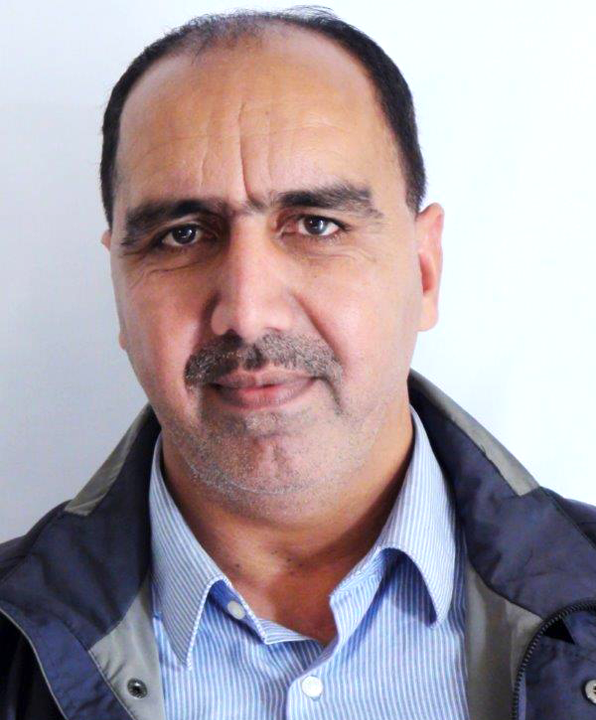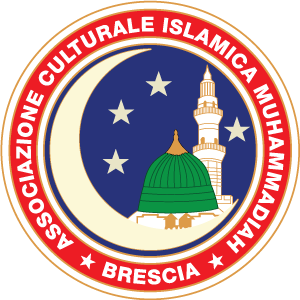
ZAKAT & SADAQAH
ZAKAT:
Zakat (Arabic: زكاة zakāh [zaˈkaːh], “that which purifies”, also Zakat al-mal [zaˈkaːt alˈmaːl] زكاة المال, “zakat on wealth”, or Zakah) is a form of alms-giving treated in Islam as a religious obligation, which, by Quranic ranking, is next after prayer (salat) in importance.
As one of the Five Pillars of Islam, zakat is a religious duty for all Muslims who meet the necessary criteria of wealth. It is a mandatory charitable contribution. The payment and disputes on zakat have played a major role in the history of Islam, notably during the Ridda wars.
The Holy Our’an and the Prophet’s (PBUH) Ahadith warn of severe punishment to those who do not pay their Zakat.
” The Example of those who spend their wealth in way of Allah is like seed of grain which grows seven spikes; in each spike is hundred grains. And Allah multiplies His reward for whom he will. “
(The Holly Quran , 2:261)
Zakat, the giving of alms to the poor and needy, is third pillar of Islam. It is obligatory upon every adult Muslim of sound mind and means. The individual must own a specific amount of wealth or savings (after living costs, expenses etc). This is referred to as Nisaab and is the threshold at which Zakat becomes payable. The amount of Zakat to be paid is 2.5% of Nisaab .
“The alms are only for the Fuqara’ (the poor), and Al-Masakin (the needy) and those employed to collect (the funds); and to attract the hearts of those who have been inclined (towards Islam); and to free the captives; and for those in debt; and for Allah’s Cause, and for the wayfarer (a traveler who is cut off from everything); a duty imposed by Allah. And Allah is All-Knower, All-Wise.” [Al-Quran 9:60]
“They ask you as to what they should spend. Say: Whatever wealth you spend, it is for the parents and the near of kin and the orphans and the needy and the wayfarer, and whatever good you do, Allah surely knows it.” [Al-Quran 2:215]
“(Alms are) for the poor who are confined in the way of Allah– they cannot go about in the land; the ignorant man thinks them to be rich on account of (their) abstaining (from begging); you can recognize them by their mark; they do not beg from men importunately; and whatever good thing you spend, surely Allah knows it.” [Al-Quran 2:273]
Why do we give Zakat?
Zakat is not charity, It is not voluntary charity not a tax but an obligation. By giving Zakat, a Muslim is acknowledging that everything we have is Allah’s and we do not really own it, and we should use it to remember Allah and help those who are in need. It is also an act to help free us from excessive desire and greed, learn self-discipline and honesty.
When should we give Zakat?
You should record the Islamic date on which you first became the owner of Nisaab – if, on the same date the following lunar year, you are still the owner of Nisaab, you will be obliged to pay Zakat. Many Muslims choose to give it during Ramadan as the rewards for good deeds performed in Ramadan are greater than in any other month.
Alternatively you could make checks payable to Associazione Culturale Islamica Muhammadiah and drop cash in the donation box marked “Zakat Fund” at Associazione Culturale Islamica Muhammadiah.
ZAKAT AL FITR:
Zakat al-Fitr is a form of charity given to the poor at the end of Ramadan or during the month of Ramadan. Zakat-ul-Fitr is incumbent on every free Muslim who possesses one Sa` of dates or barley which is not needed as basic food for himself or his family for the duration of one day and night. It is strongly encouraged to pay Zakat-ul-Fitr(Fitra) days in advance so that it could reach the poor and needy.
Zakat al-Fitr is about the price of one meal—estimated at Euro. 8/- in 2019.
Zakat al-Fitr is due on every member of a household, including any children or elderly persons and is obligatory to pay before the day of Eid.
You can drop your Zakat-ul-Fitr in the Donation Box at Associazione Culturale Islamica Muhammadiah.We also collect Fitra at the end of Ramadan before Eid Prayer in mosque.
SADAQAH:
“When a person dies, all their deeds end except three: a continuing charity, beneficial knowledge and a rightous child who prays for them.” (hadith of the Prophet (pbuh), narrated by Muslim)
Ongoing Charity – Sadaqah Jariyah – is one of the most valuable acts we can do in this life, which continues benefiting us in the next, even after we have left the earth.
What’s special about Sadaqah Jariyah is that, even after you leave the earth, it will continuously benefit you. Your scale of good deeds will increase even though you’ve passed, and the people you helped will continue to reap the good you did.
You can drop your Sadaqah in the Sadaqah Box at Associazione Culturale Islamica Muhammadiah. We also collect Sadaqah at the end of Ramadan before Eid Prayer in mosque.
If you would like to receive Zakat, please reach out to the Muhammadiah Mosque Zakat Committee. You can download and submit in office fully filled up Zakat , Sadaqa Request form given below link.
ZAKAT FORM
Please download form, complete and submit in office during office Hours Tuesday to Sunday From 10:00 TO 18:00
ZAKAT & SADAQAH TEAM
Please contact our funeral team for any information and problems related to funeral.



Please add your data & then click "SEND MESSAGE" button below.
Please add your data & then click "SEND MESSAGE" button below.
Please add your data & then click "SEND MESSAGE" button below.
Reach Us
ASSOCIAZIONE CULTURALE ISLAMICA MUHAMMADIAH
Via Della Volta, 155
25124 Brescia Italy
+39 388 1181716
+39 030 349687
info@muhammadiah.com
